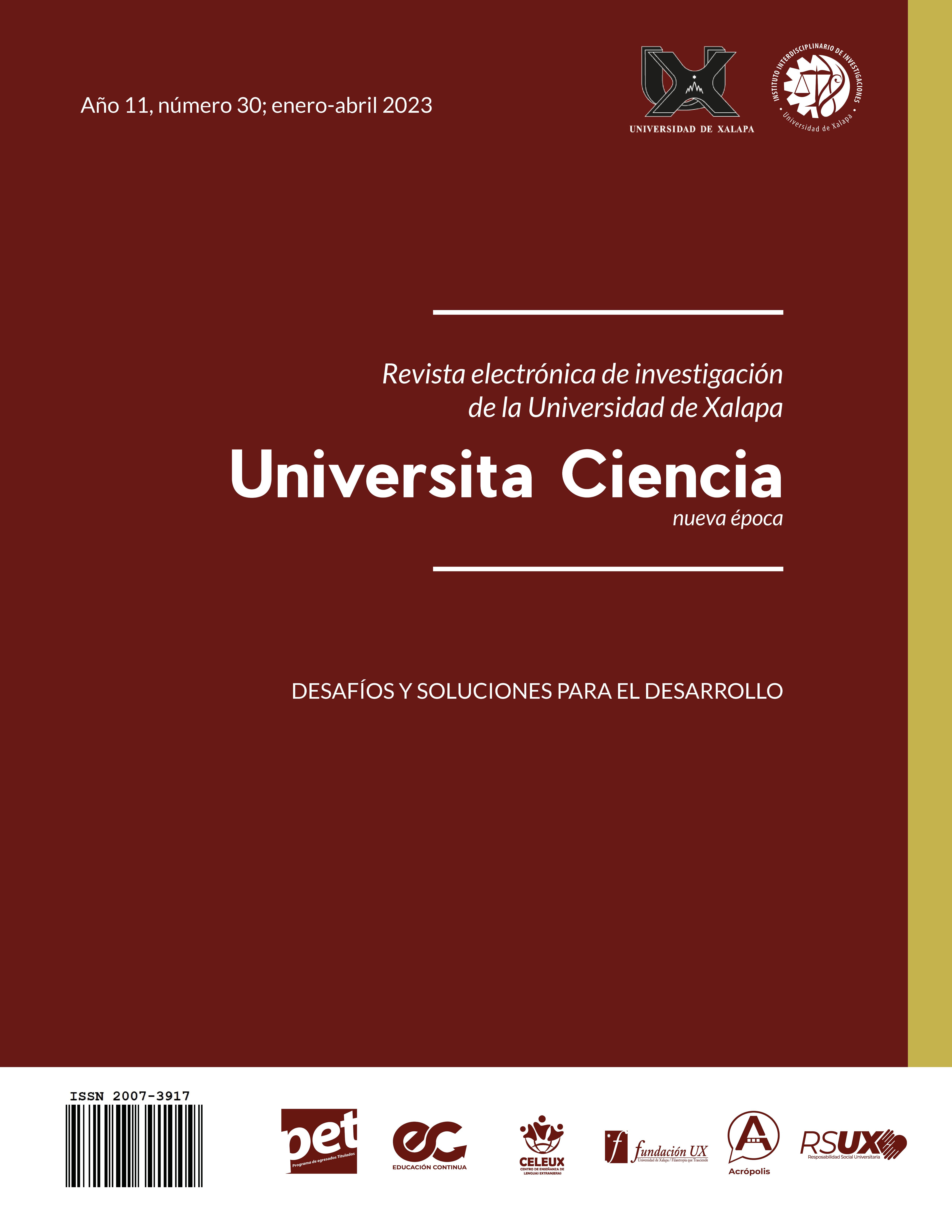Consequences of Breach of Fundamental Obligations, Correlative to the Right to the Disposal of One’s Own Body
DOI:
https://doi.org/10.5281/zenodo.7843125Keywords:
own body, fundamental rightsAbstract
One of the debates that have been opened in the last few years, is the one that in been generated by conservative groups that support the exercise of the
human right to the disposition of one ́s
own body to justified several subjets
such as abortion, facing the postureo f
others that from varius theories base
their questions on the existence of that
right. There ́s even a more radical speech
supported by religious dogmas. The
meaning of this study is to prove that
a correct understanding of the human
rights, its principles, effects and content
will provide reliable legal bases for the
discussion to argumentatively support a
particular meaning that although it could
contradict the discourse held up to now,
it would also introduce aspects that seem
not to have had permeability or resonance
in contemporary public discussion.
Metrics
References
Albor Ortiz, Rosalío (2006). “Prelación ontológica del derecho personal respecto de la obligación recíproca”, en Zaragoza Martínez, Edith Mariana (coord.) et al. Ética y derechos humanos, Vol. 1. México, Iure editores.
Bidart Campos, Germán J. (1991). Teoría general de los derechos humanos.Editorial Astrea.
Garzón Valdés, Ernesto (2003). “Algunas consideraciones sobre la posibilidad de asegurar la vigencia del ‘coto vedado’ a nivel internacional”, Derechos y Libertades. Revista del Instituto de Derechos Humanos Bartolomé de las Casas, año 8, núm.12.
Published
How to Cite
Issue
Section
License

This work is licensed under a Creative Commons Attribution-NonCommercial-ShareAlike 4.0 International License.
This journal adheres to the Creative Commons license in the definition of its policy of open access and reuse of published material, in the following terms:
- Accessibility to articles and other publications in whole or in part under the concept of copying, distribution, public communication , interactive access (through the Internet or other means), explicitly maintaining the recognition of the author or authors and the journal itself (authorship acknowledgment).
- Warning that if the articles are remixed, modified or fragments used in other creations, the modified material cannot be distributed, nor is it allowed to reconstruct versions from the original published articles (derived works).
- The use of the contents of the published articles, in whole or in part, for profit (non-commercial recognition) is prohibited.
The author retains copyright, transfers or grants exclusive commercial rights to the publisher, and a non-commercial license is used.














